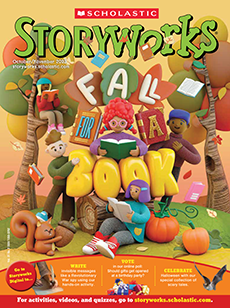Turn off the television.
Put down your phone.
Notice one small, everyday thing
and gaze at it softly:
tiny salt crystals spilled on a kitchen table,
the fresh page of a new notebook
opened on your desk.
Lose yourself.
See like an ant
or a tree.
Focus your heart like a camera
and the ordinary will shine brand-new.

